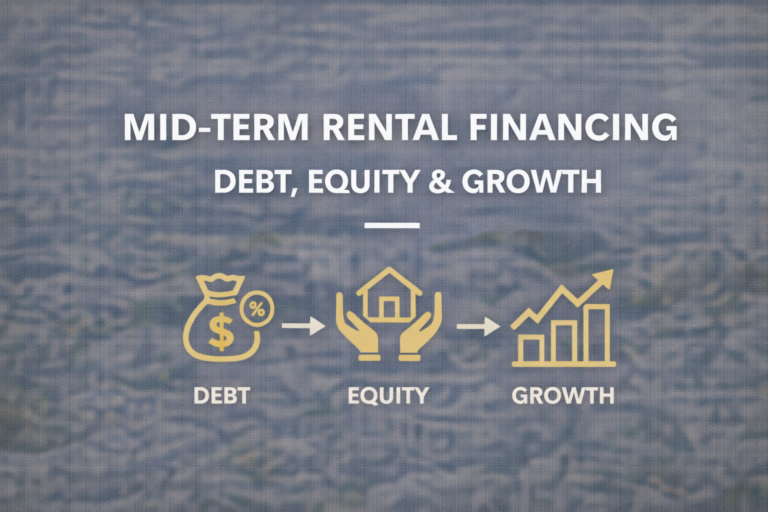Recently, a member of our Facebook group came forward with their encounter with a scammer on a different housing rental site. Fortunately, they identified the scam’s symptoms before falling prey to it, sharing screenshots of their correspondence to warn other travel nurses.
Internet users are well acquainted with the constant threat of online scams, especially when seeking services online. Among various professions, travel nurses often become easy targets for fraudulent activities, particularly when searching for housing accommodations. This is why we always advise travelers to use trusted platforms like MiniStays and Airbnb that offer extra protection to avoid scams. This article sheds light on the reasons why travel nurses are vulnerable to scams and provides valuable insights to protect them from falling prey to such deceitful practices.
Why are Travel Nurses Prone to Scams?
Travel nurses often find themselves looking for housing options from a distance, due to the nature of their profession. This lack of physical contact with the property leaves them susceptible to deception, as it becomes challenging to authenticate listings or seek local advice. Scammers exploit this situation by misrepresenting properties they do not own through fake images or fraudulent listings.
Furthermore, travel nurses typically prioritize budget-friendly housing options to keep their expenses low. Opportunistic scammers take advantage of this by advertising their non-existent rentals at significantly lower prices than the local average, often fabricating circumstances to justify their seemingly generous offerings.

Lastly, the urgency associated with the time restrictions faced by travel nurses plays a critical role in making them vulnerable to scams. Scammers manipulate these time constraints, coercing nurses into taking unnecessary risks. While some nurses resort to booking short-term stays, such as hotels, to scout for accommodations in person during the initial week of their assignment, this may not always be feasible. It is important to resist succumbing to time pressure or ignoring potential red flags from landlords. Investing in safer, verified rentals is oftentimes more cost-effective in the long run.
Red Flags of Online Housing Scammers
Previous discussions among our subscribers have shed light on incidents involving housing scammers targeting travel nurses. Although it is rare for scammers to exhibit all the described traits, if any of these indicators match, it is advisable to continue the housing search elsewhere.
- Legitimacy issues: Scammers frequently claim to be out of town, creating plausible reasons to avoid face-to-face meetings. This lack of interaction makes it impossible to verify their credibility or inspect the property before they demand a deposit.
- False credentials: Scammers possess the ability to craft counterfeit documents or gain access to stolen ones, providing forged identification or leases to give an illusion of legitimacy.
- Language clues: Unprofessional communication, with errors in wording, capitalization, and punctuation, often signifies a scammer. Legitimate landlords usually maintain a more organized and professional tone.
- Lack of interest in background checks: Scammers are primarily concerned with receiving payment and display little interest in verifying your background or credit status. This disregard for verifying your credibility or ability to maintain their property should be seen as a red flag.
- Suspiciously low pricing: Scammers possess knowledge about the housing market and deliberately set their nonexistent properties slightly below the local average.
- Urgency tactics: Fake landlords create a sense of urgency to pressure you into making rushed decisions that you may later regret.
Knowledge is Key:
Engaging in a conversation with scammers can help identify these red flags. Equipping travel nurses with the right questions and being aware of answers that should raise concerns allows them to identify and appropriately respond to fraudulent situations.

Scammers may exhibit assertiveness if they suspect they are being singled out. However, their rudeness often deters potential victims from renting their supposed properties. Additionally, exercise caution when it comes to making payments outside of a trusted platform by wiring money, as scammers often prefer wire transfers, Zelle, or CashApp transfers, which are challenging to dispute once the funds are transferred.
Always trust your instincts when something appears too good to be true. While it may sometimes require temporary accommodation or slightly higher expenses, prioritizing safety and security during your assignment outweighs any potential risk associated with suspicious housing offers.
Conclusion:
Travelers face various challenges when seeking housing accommodations, with scams prevalent in the online marketplace. By understanding the vulnerabilities that make travel nurses easy targets for scammers and being vigilant for potential red flags, they can safeguard themselves from fraudulent practices. By prioritizing verified rentals and following their instincts, travel nurses can ensure a safe and secure housing search.



